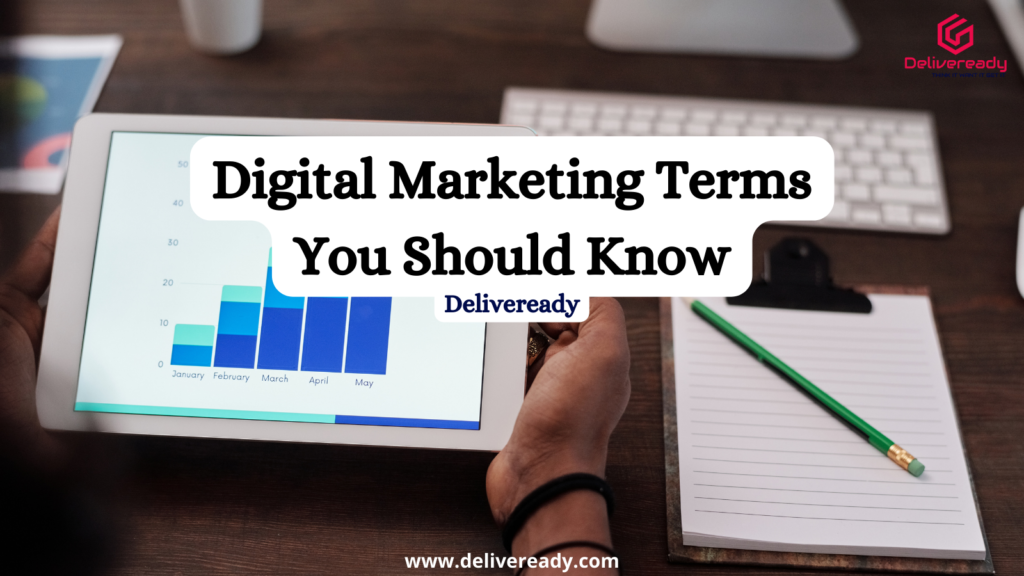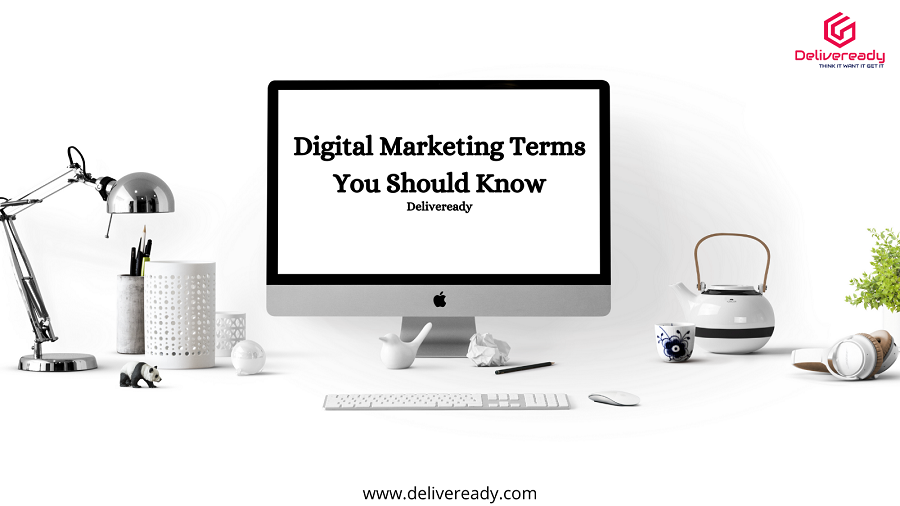Online Marketing is a must for any Business. Adapting to all budgets, it precisely targets your customers and, above all, calculates your return on investment. Also, the many acronyms surrounding this practice may seem intimidating at first, so these are the Digital Marketing Terms you should know.
It is worth looking into it a bit.
- Key Performance Indicators (KPI): When you launch a marketing campaign, you have objectives.
This could be to generate more sales of a particular product, attract new consumers, or heal your brand’s reputation.
These goals will allow you to place more importance on some metrics than others. For a brand awareness campaign, cost per thousand (CPM) will be more important than Cost of Acquisition per Customer (CAC).
- Cost Per Mile (CPM): This is the amount that you have to pay to get 1,000 impressions of your post.
In other words, how much does it cost you to get your ad seen 1000 times?
- Cost Per Click (CPC): This is the amount of money you need to invest, on average, to earn one click on your post (Any Website Link).
If you get 1000 clicks on an ad that costs you $ 100, that means your CPC is $ 0.10.

- Click-Through-Rate (CTR): This is the ratio produced by the number of clicks obtained divided by impressions.
A high CTR indicates that your advertising is generating interest from consumers who want to know more when the opposite may cause you to switch to a more effective approach.
- Call-to-Action (CTA): This is the action prompted by your advertisement.
For example, you can suggest that your consumers share a # hashtag, subscribe to your newsletter, or even go to your online store to take advantage of a discount.
- Conversion Rate (CR): The percentage of people who take action from your CTA.
Usually, the higher the conversion rate, the more successful the campaign is considered to be.
- Bounce Rate (BR): There are two types of bounce rates, either the one for websites or the one for email marketing.
For the website, it represents the number of people who landed on your site and left without interacting with it.
A high bounce rate shows that your site is failing to grab your customers’ attention or that they are not finding what they are looking for quickly.
For newsletters, this is the percentage of emails that could not be delivered. A high bounce rate means your list is aging.
- Churn Rate: The percentage of people who unsubscribe from your newsletter (or your social networks, but this is rarer) over a given period of time.
A high unsubscribe rate is a sign that your newsletter is not viewed as relevant by your customers.
- Cost of Acquisition Per Customer (CAC): How much do you have to spend on marketing to get a new customer?
This statistic is closely linked to the Customer lifetime value (CLV). How much, on average, does a new customer earn you over their entire “life” as a consumer with you?
For example, if you own a gym, you might know that typically a client earns you a profit margin of $ 100 per year and will stay with you for 5 years.
The CLV would then be $ 500. If the CAC is higher than the CLV, then you are losing money. It is imperative that you find ways to turn the tide.
On the contrary, if your CAC is low and your CLV is high, it means that you can invest more to acquire customers and thus grow your business and your profits.
These were one of the Top Digital Marketing Terms You Need to Know.
Deliveready is one the those reputed agencies that keep third eyes on these terms. By mastering these terms, you already have concepts to analyze the effectiveness of your digital marketing tools.
You will be able to refine your approach and try to make it as efficient as possible. A well-oiled marketing machine is sure to become an important driver of your business.



